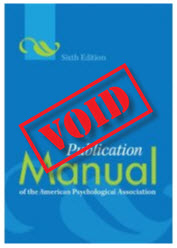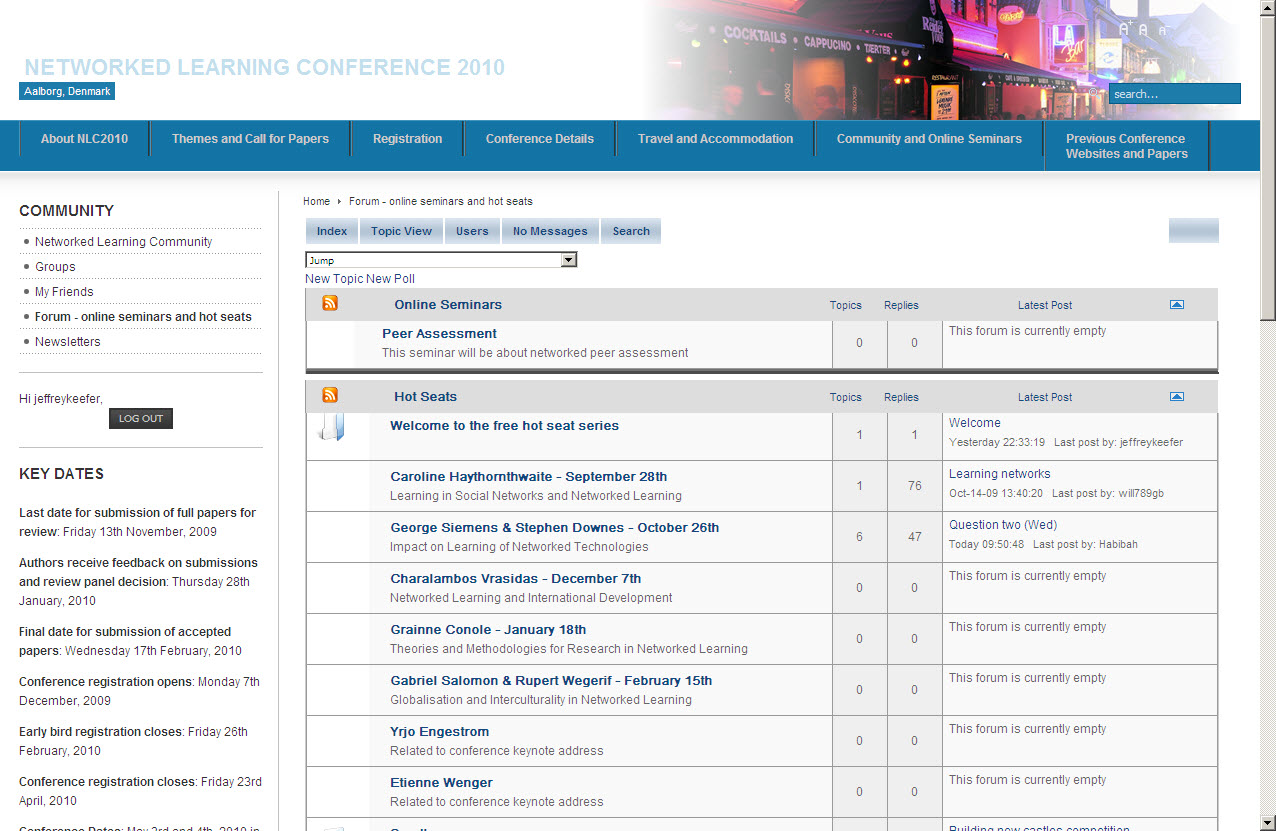 I recently stumbled across Ron Chenail’s The Qualitative Report website at Nova Southeastern University while I was doing some research for a proposal I am working on for the 6th International Congress of Qualitative Inquiry (QI2010). Ron has a wonderful weekly newsletter, as well as one of the more current lists of references for Teaching Qualitative Research: Updated November 9, 2009 (with this document being exactly what I needed to assist with my research). If I were not currently engaged in my doctoral studies at Lancaster University, I would have been interested in Nova’s new Graduate Certificate in Qualitative Research–this looks rather comprehensive and very timely indeed.
I recently stumbled across Ron Chenail’s The Qualitative Report website at Nova Southeastern University while I was doing some research for a proposal I am working on for the 6th International Congress of Qualitative Inquiry (QI2010). Ron has a wonderful weekly newsletter, as well as one of the more current lists of references for Teaching Qualitative Research: Updated November 9, 2009 (with this document being exactly what I needed to assist with my research). If I were not currently engaged in my doctoral studies at Lancaster University, I would have been interested in Nova’s new Graduate Certificate in Qualitative Research–this looks rather comprehensive and very timely indeed.
Nice to know there are so many useful references out there that are being shared. One of the things I have learned about my increased focus on qualitative research in the last few years, is the more that I share, the more I receive back. From this framework, there seems to be a lot of collaborative possibilities for the future!

 I asked my students in my a
I asked my students in my a 
